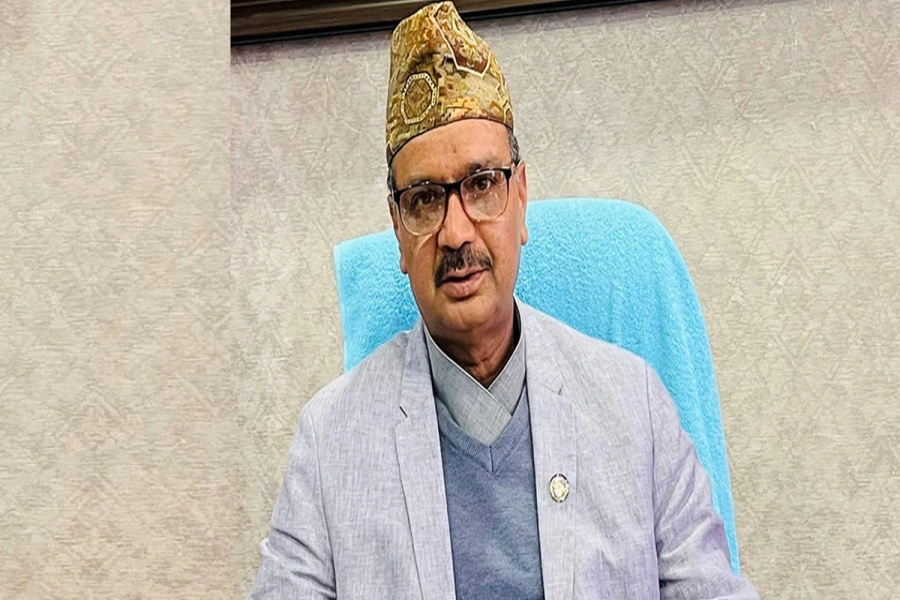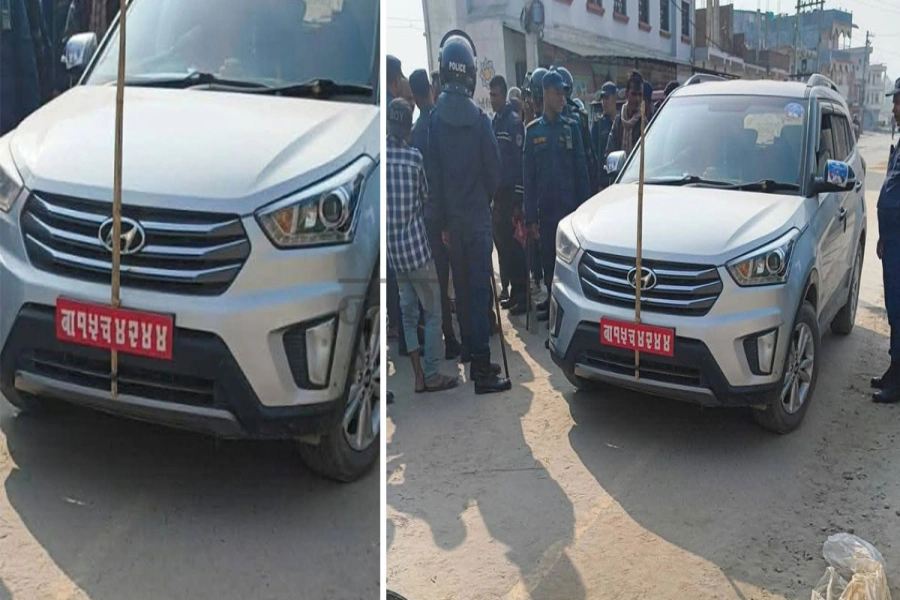COVID reinfections
Getting infected with COVID-19 can help in building your immune response, however, it is no guarantee that you won’t get infected again. Can you get reinfected even after getting all vaccine doses? The answer is yes.
In 2020, Coronavirus reinfections were rare but now with new emerging variants, reinfections and breakthrough infection are getting more and more common. It is possible to get COVID-19 more than once in a year. Researchers in the UK have found that the risk of reinfections has become eight times higher with the omicron variant, compared to the delta wave. Here’s some information on things you should know about COVID reinfection in order to protect yourself and your family.
How often can infection occur?

There is still no identified limit as to how many times a person can get reinfected with COVID-19. However, your risk of reinfection depends on how strong your immunity is at the time of exposure to the virus. Moreover, if you have been recently vaccinated, then your chances of getting reinfected at the time of exposure may be low.
Coronavirus: Are you suffering from 'Medium COVID'? Here are so...

Is reinfection possible after booster dose?
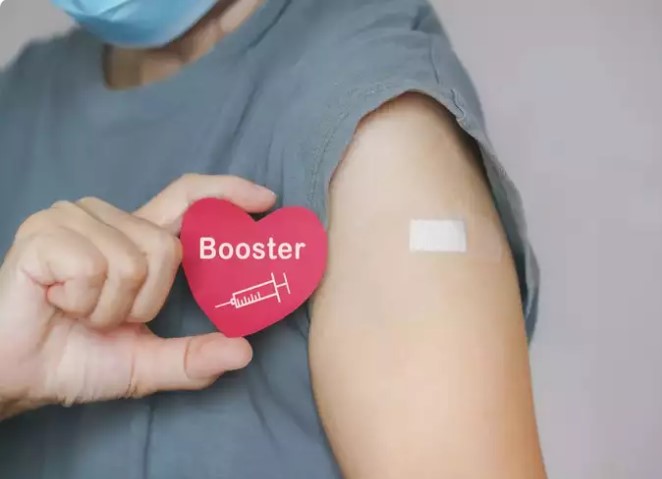
According to experts, reinfections are possible even after building up immunity from previous infections or first, second, or booster dose of vaccination. This is because the rapidly evolving omicron sub variants of the SARS-CoV-2 virus are good at evading existing immunity. So there is no guarantee that even getting infected with omicron in the past will surely provide you with immunity from the new sub variants.
How long immunity lasts after COVID infection?

Your body’s immune response is generally strong after overcoming a recent infection and as per experts, it is likely to give a period of protection for the next few months. However, later this strength of the immune response can start to wane which is why it is important to get vaccinated as well. Reinfection can also happen in a shorter period of time such as within four weeks from previous infection.
Is reinfection more severe or milder?
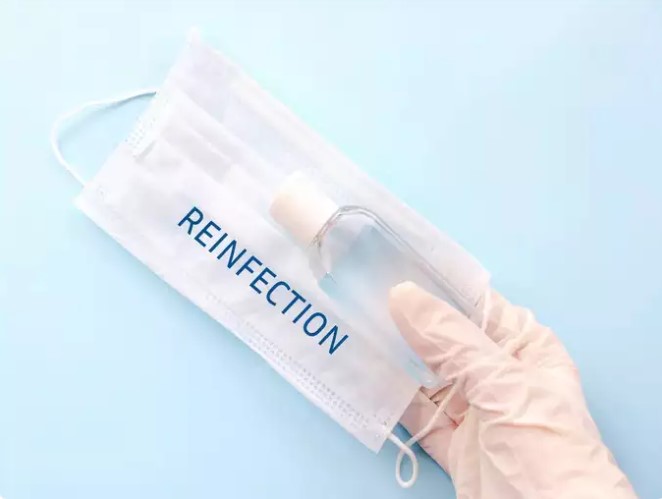
Usually, when people get reinfected, they experience milder symptoms in comparison to their previous infection. This is because their immunity levels have become better. You may also have gotten vaccinated after your first infection, so even if you get reinfected, chances are it will be less severe this time. However, elderly people or those who are immunocompromised are still more vulnerable to severe reinfections, even after being vaccinated.
Who can get reinfected more easily?
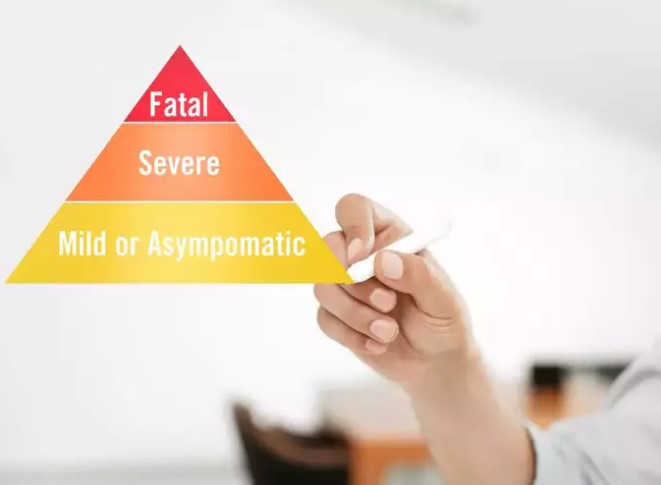
According to the US Centers for Disease Control and Prevention’s recent analysis, people who are unvaccinated, young in age or had a mild or asymptomatic infection are more likely to get reinfected. Still, whether you got a mild or severe coronavirus infection, it won’t guarantee any protection for preventing reinfection in future.
Is reinfection and long COVID linked?
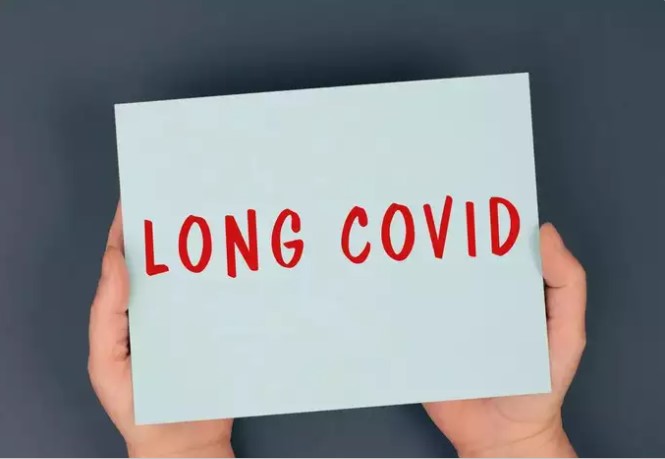
Currently, researchers are still trying to determine whether reinfections are more likely to lead to long COVID or if there is no relationship between them at all. Looking in terms of immunity, experts believe that chances of experiencing long term symptoms of COVID-19 tend to be lower after a second or third infection because you’ve already developed better levels of immune responses to the virus. However, more research is needed to say anything for sure.




